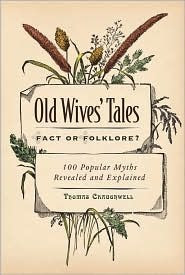
So you've made the big decision -- you're going to start a family -- but while you were certain that getting pregnant would be fast and easy, after six months of trying it's just not happening.
Could something be wrong? Of course that's always a possibility. However, if you are young (between 18 and 34) and you and your partner are generally healthy, doctors say more often than not some simple problems -- with easy fixes -- may be standing in your way.
Among the most common: miscalculating your most fertile time of the month.
"By far, the single most important thing stopping healthy couples from getting pregnant is they are not having intercourse at the right time -- and the reason for that is many women simply aren't calculating their ovulation time, or most fertile period, correctly," says Dr Steven Goldstein, a professor of obstetrics and gynaecology.
Goldstein says that, while most women know they must ovulate to conceive, many don't realise that waiting for this to happen before having sex causes them to bypass their most fertile time.
"After ovulation, an egg is only viable for about 24 hours -- so if you are waiting until you ovulate to have intercourse, chances are you are going to miss the opportunity to get pregnant that month," he notes.
Because sperm can live in your reproductive tract for up to 72 hours, doctors say having sex beginning at least three days before ovulation dramatically increases your chance of conception.
"I tell my patients to start having sex a full five days before they expect to ovulate -- this way even if they are off a day or two in calculating their ovulation, the bases are still covered. It's better to have sex too early, than too late," says obstetrician/gynaecologist Dr Sharon Winer.
Indeed, a 10-year study published in the New England Journal of Medicine in 1997 found that having sex starting six days prior to ovulation is the most conducive to achieving conception. In the same study, not one pregnancy occurred when sex took place 24 hours after ovulation.
How do you know when you are about to ovulate? One way is to keep an accurate menstrual calendar, tracking your period for at least two or three months prior to when you want to conceive.
"Ovulation takes place 14 days before you get your period, so you need to keep an accurate calendar for a couple of months, marking down when your period arrives -- and day one is always the first day of bleeding," says Goldstein.
Then, he says, when you are ready to get pregnant use the calendar to predict when your next period will arrive, and simply count back 14 days from that date. "This will be your projected ovulation date -- and you should begin having sex several days prior to that date."











